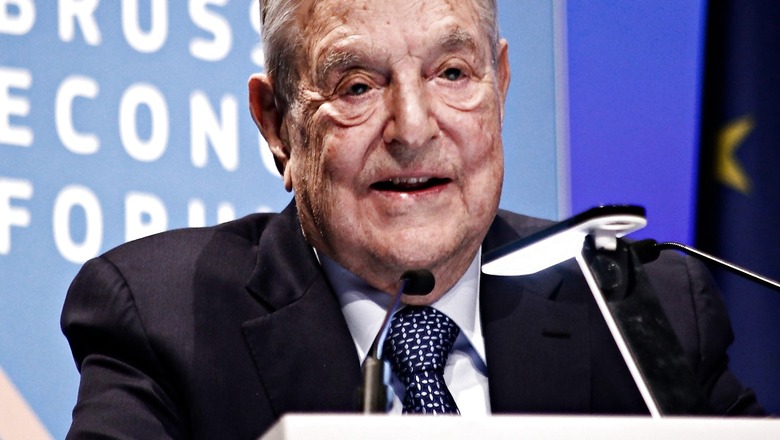
views
S Jaishankar is a colleague from the foreign service — a year junior — and a good friend for whose abilities and intelligence I have great respect. I have just seen his interview with Smita Prakash of ANI, and heard his earlier comments on George Soros, and the BBC documentary which was blocked by the government. In responding to both, he equated such developments ‘as war by other means’. He further added that he didn’t ‘know if election season has started in India, but for sure it has started in London and New York’. He must have his reasons to say this, but the question that strikes me is: do we need, at such high levels, to overreact at criticism (or praise) that emanates from abroad?
Personally, I consider George Soros, the billionaire-crook, a largely spent force. He is, as Jaishankar said, ‘old, rich, opinionated and dangerous’. Soros is now 92 years of age. He is rich, his net worth something over $8 billion, which is not exceptionally wealthy. In India, there are some 20 billionaires who are much richer, with Mukesh Ambani alone 10 times the worth of Soros. It is also true that Soros uses his Open Society Foundation to peddle his prejudiced ideas, and attempts to meddle in the internal affairs of countries, both financially and politically.
But, for a country like India, is he ‘dangerous?’ In a way, Jaishankar himself explained why he is not. ‘We are a country of 1.4 billion people, whose votes decide how the country should run’, he said in response to a question on Soros at the Munich Security Summit. ‘We have a voter turnout which is unprecedented, electoral outcomes which are decisive, and electoral processes which are unquestioned’.
That is precisely the point. India is no banana republic who the likes of Soros can threaten. We are, as Jaishankar stressed, akin to a continent with a population of 140 crore. We are the world’s largest democracy. We are the fifth largest economy on the planet, and hope soon to be a five trillion economy taking us to third place. We are a nuclear power. We have one of the largest armies of the world, and a strong, disciplined and committed military establishment. We have a well-developed intelligence network. We have established institutions, which even if not entirely unblemished, are strong enough to intervene to foil any external or covert threat to the country. We have an independent judiciary to safeguard the Constitution. We have a free press, which in spite of any attempts to do so, cannot fully be cowed down. Above all, even though a relatively young nation, we are a civilization that is one of the oldest in the world that has emphatically shown the resilience and genius to survive.
Why then should we give so much importance to Soros? Does the external affairs minister has to edify his comments? And why does a senior cabinet minister like Smriti Irani has to hold a national press conference, and credit Soros with the power to ‘intervene in the democratic process of India’ and aim to foist ‘a government that is pliable to his needs’? In fact, she went further to say that a ‘war’ has been initiated against India, and asked society to ‘denounce the intention of this individual who seeks to demonise our democracy, weaken it and bring onslaught (sic) to the economy of our country’.
Really? Do we really want to project this as Soros versus the Republic of India? The kind of reaction Soros got from the highest quarters in India must have greatly flattered him, and given him a delusional sense of his own highly diminished, even negligible, powers. India must understand that as it emerges into the league of the most powerful countries in the world, we have to show greater balance and maturity in our responses to such provocative statements, because by overreacting we give them undeserved importance. The old mentality — and tactic — of the 1970s, which Indira Gandhi used to rally internal support by constantly alluding to a ‘foreign threat’ to India, has to be replaced by a restrained gravitas.
Moreover, we also have to realise that as India’s global importance grows, and the world looks to what is happening here, we are like a fish in a glass bowl visible for everyone to see. In today’s world of instant communication and exponentially increased media intrusiveness and coverage, we cannot hope to avoid scrutiny and criticism. Some of this is bound to be critical, and where necessary countered appropriately, either at the level of the official spokesman of the Ministry of External Affairs, or our Embassies abroad, or the Press Information Bureau. But for a confident power, the response should not be disproportionate, publicly displaying an entirely unnecessary sense of insecurity and vulnerability.
For instance, it is my considered view that far fewer people would have seen the recent BBC documentary had the government not blocked it. Perhaps the timing of the documentary raises valid suspicions. But even so, for a spokesperson of the ruling party to call the BBC a ‘bhrastachar bakwas corporation — corrupt, nonsensical corporation’ — was a classic over-the-top reaction. Nor did the subsequent ‘tax survey’ of BBC offices help strengthen our reputation as a confident and democratic power that can withstand criticism.
The world is looking at India today. I respect Jaishankar’s concerns, but it is my personal view that India, as befitting its status, must avoid overreacting, take both criticism and praise in its stride, rectify what needs to be corrected, and persevere with even greater focus on what needs to be achieved.
The author is a former diplomat, an author and a politician. The views expressed in this article are those of the author and do not represent the stand of this publication.
Read all the Latest Opinions here










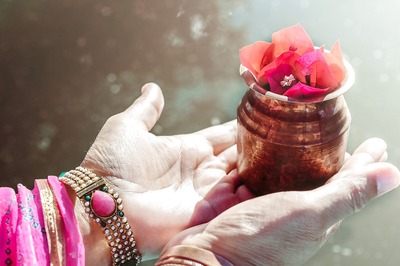


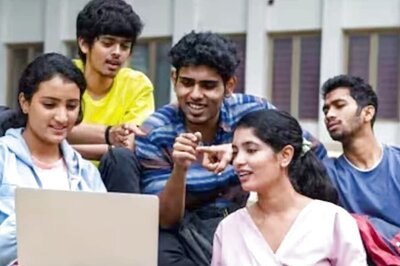
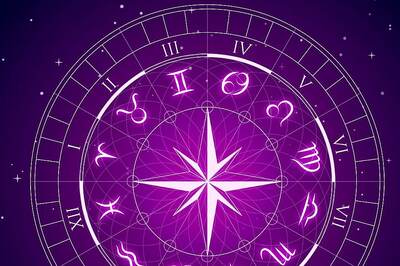
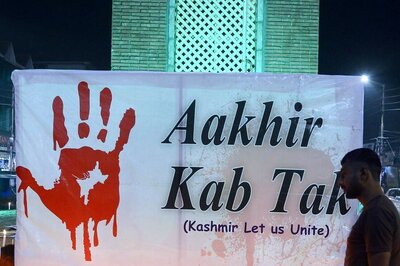


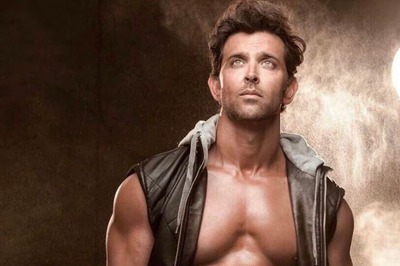
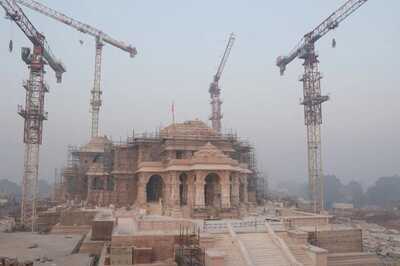
Comments
0 comment